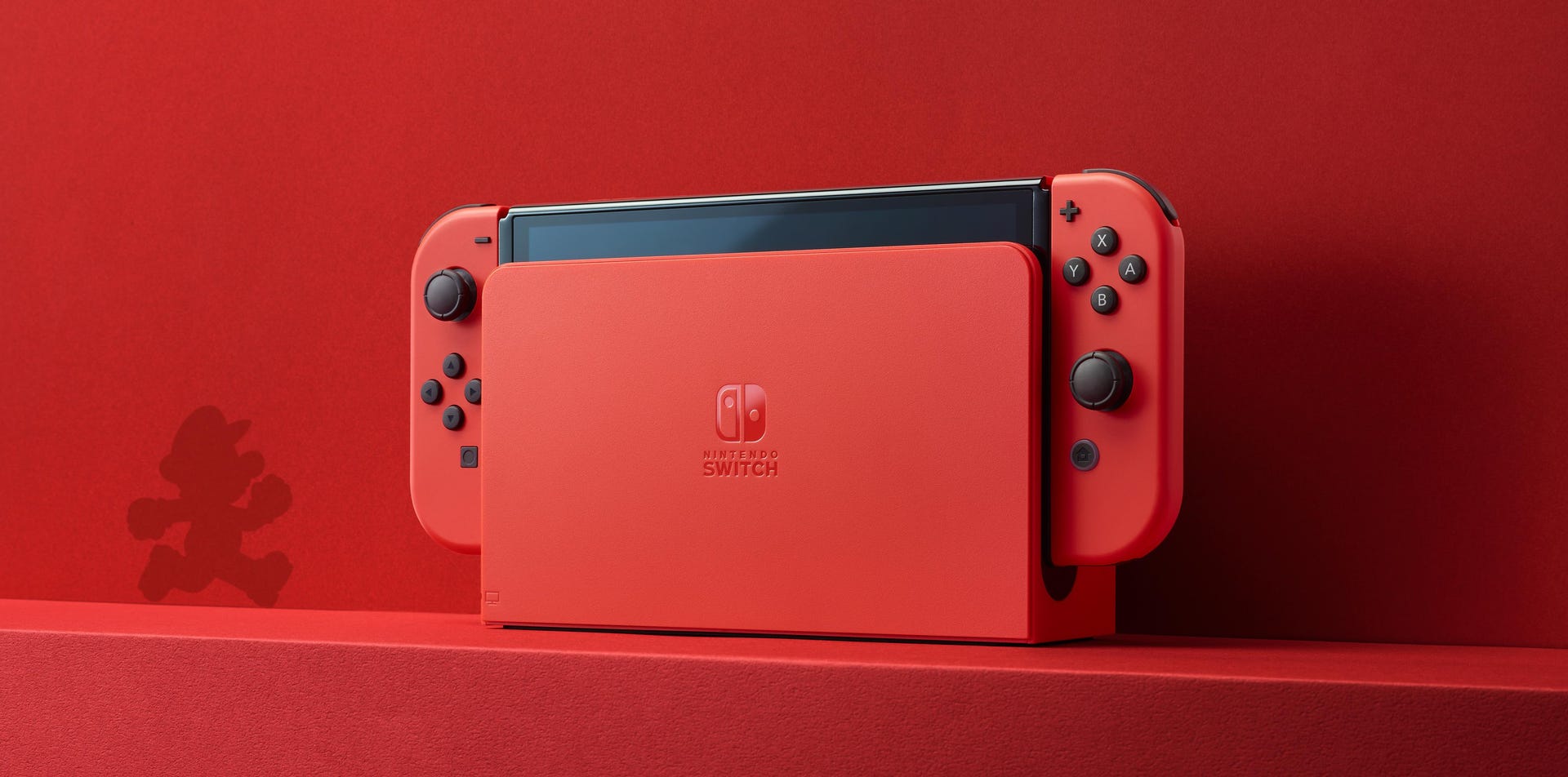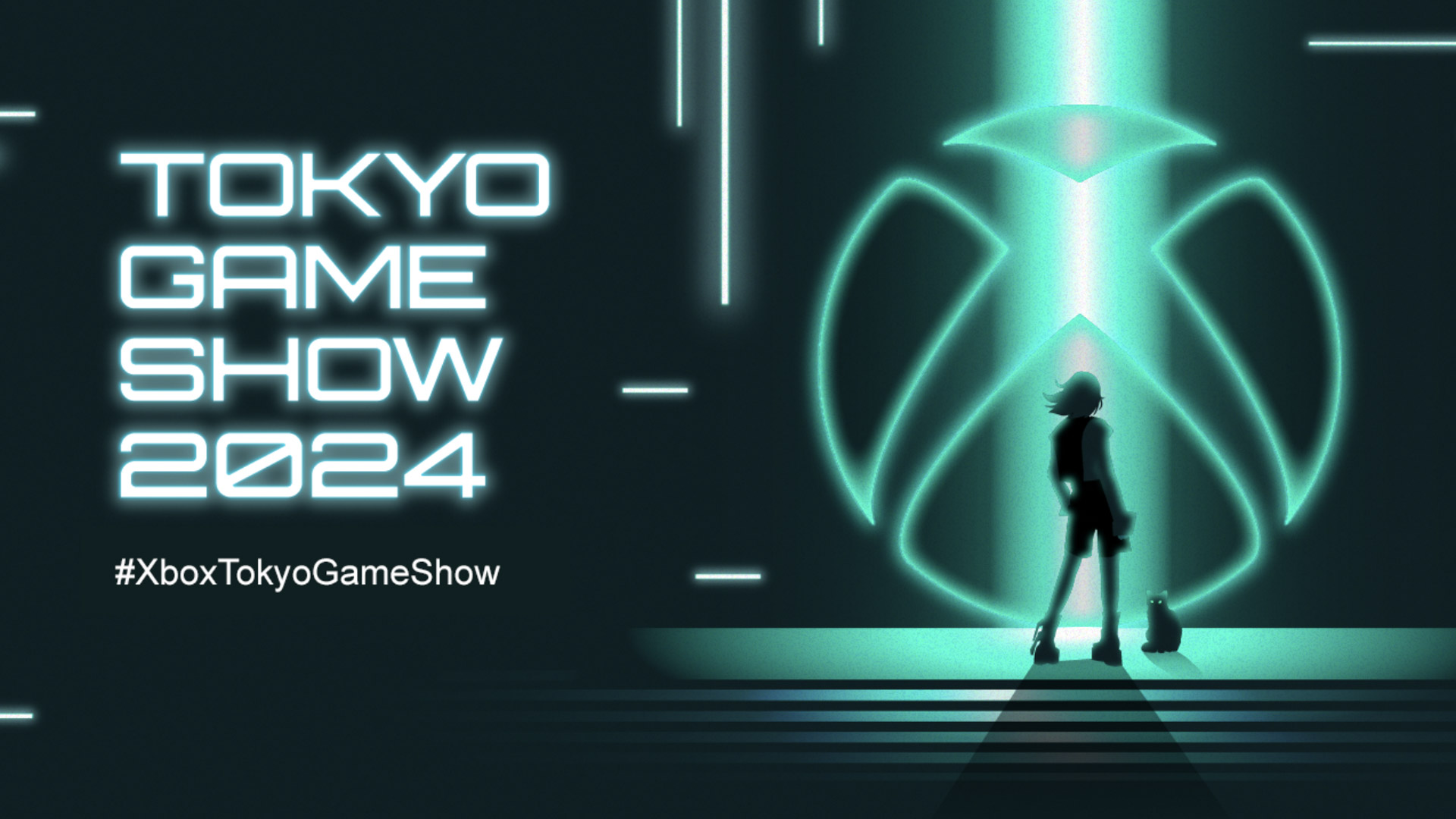Microsoft's hardware strategy looks more and more traditional | Opinion
For all the interest piqued by the information accidentally revealed in Microsoft's FTC submissions this week, there's little in the way of surprising revelations in these documents. In fact, if you'd been asked last week to predict Microsoft's hardware and software strategy over the coming years, pretty much the safest, most default answers would have lined up perfectly with the plans that emerge from the court filings. We see, for example, an eight year life-cycle for the Xbox Series consoles with a fairly minor mid-cycle refresh due next year, and a pipeline for Bethesda's studios which has a handful of unknown titles but largely matches expectations in terms of sequels and remakes for the company's major franchises. Read more


For all the interest piqued by the information accidentally revealed in Microsoft's FTC submissions this week, there's little in the way of surprising revelations in these documents.
In fact, if you'd been asked last week to predict Microsoft's hardware and software strategy over the coming years, pretty much the safest, most default answers would have lined up perfectly with the plans that emerge from the court filings.
We see, for example, an eight year life-cycle for the Xbox Series consoles with a fairly minor mid-cycle refresh due next year, and a pipeline for Bethesda's studios which has a handful of unknown titles but largely matches expectations in terms of sequels and remakes for the company's major franchises.
What's Your Reaction?

































